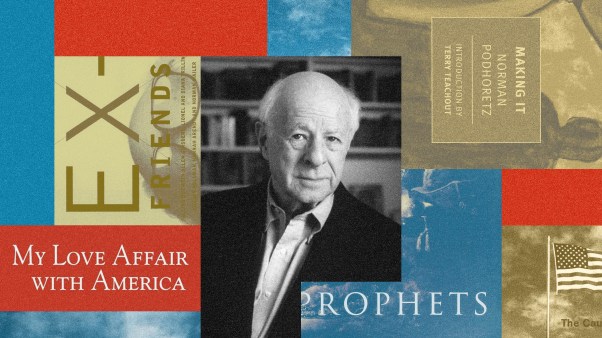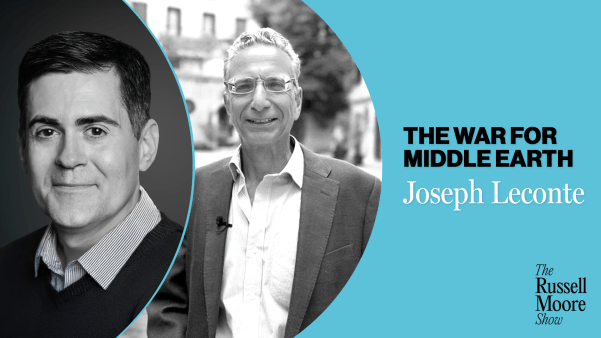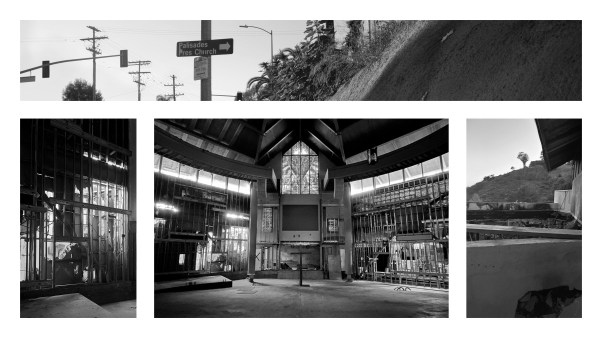A few years ago Bill, a retired pastor and seminary professor, convinced me and Tim, another pastor friend, that it would be good for the three of us to memorize the Book of Revelation and recite it before our church on a Sunday evening.
A few days before the event, when I was scrambling to prepare, fearing I would make a complete fool of myself in front of a lot of people (1,000 people turned out), I was thinking it was easy for him to talk about memorizing a third of a book in the Bible; he had time, for heaven’s sake. But I didn’t. What was I thinking?
That night, just before we went out and did this terrifying thing, Bill reminded us that no matter how poorly we might do in the memory department, God was pleased with us and would bless his Word.
He was right: for two and a half hours all the people, children included, listened as three men simply recited the Word of God from the last book of the Bible, beginning to end. The Word was all it says it is: a hammer, a sword, rain, light, truth, and bread.
I was stunned, and when my persuasive friend later suggested we do the same thing with the Book of Mark and then the Book of Romans, we agreed. Each time, people sat in pregnant silence and listened to the naked Word, “unplugged” as musicians might say, with no frills, no illustrations, no visual aids. Alone, it was more than enough.
I’ll never forget how whistles and applause erupted spontaneously when one of us came to those closing lines of Romans 8: “For I am convinced that neither death nor life, neither angels nor demons, neither the present nor the future, nor any powers, neither height nor depth, nor anything else in all creation, will be able to separate us from the love of God that is in Christ Jesus our Lord.”
A surprising benefit of all this memorization was the way I was forced to think in new ways about what a biblical text means. It’s one thing to pore over exegetical commentaries and critical apparatus; it’s another to think how I would say Scripture if I were its author.
Emphasis, pause, and inflection have a powerful effect on how a passage is understood. So now I practice a kind of hermeneutic of speaking. It isn’t always First I think it, then I speak it. Sometimes I have to speak it before I can think it!
Rabbi Abraham Heschel once heard the people in his synagogue complain that the liturgy did not express what they felt. He said it was not that the liturgy should express what they felt, but that they should feel what the liturgy expresses. The liturgy was there to train, not merely to express their sensibilities. Reciting Scripture also has that effect.
I am forced to think how Paul or Moses or Jesus would have said it. It isn’t me saying it my way, but me saying in my way what they meant.
My thoughts are most certainly not God’s thoughts, but in learning to say a passage, his thoughts may become my thoughts.
It has made me a better pastor, too. In situations of death and fear and anger and bereavement, no extemporaneous prayer would come close to what was needed.
But a bit of silence, followed by the simple and powerful words of the Bible have been awesome in their impact. The fog lifts, the tension dissipates, and peace flows when we are still and know that God is God.
One of my greatest regrets is that I waited so long to memorize large chunks of Scripture, to meditate on the Word by learning to say it. But it’s never too late.
Ben Patterson is campus pastor at Westmont College, Santa Barbara CA
Copyright © 2002 by the author or Christianity Today/Leadership Journal. Click here for reprint information on Leadership Journal.









